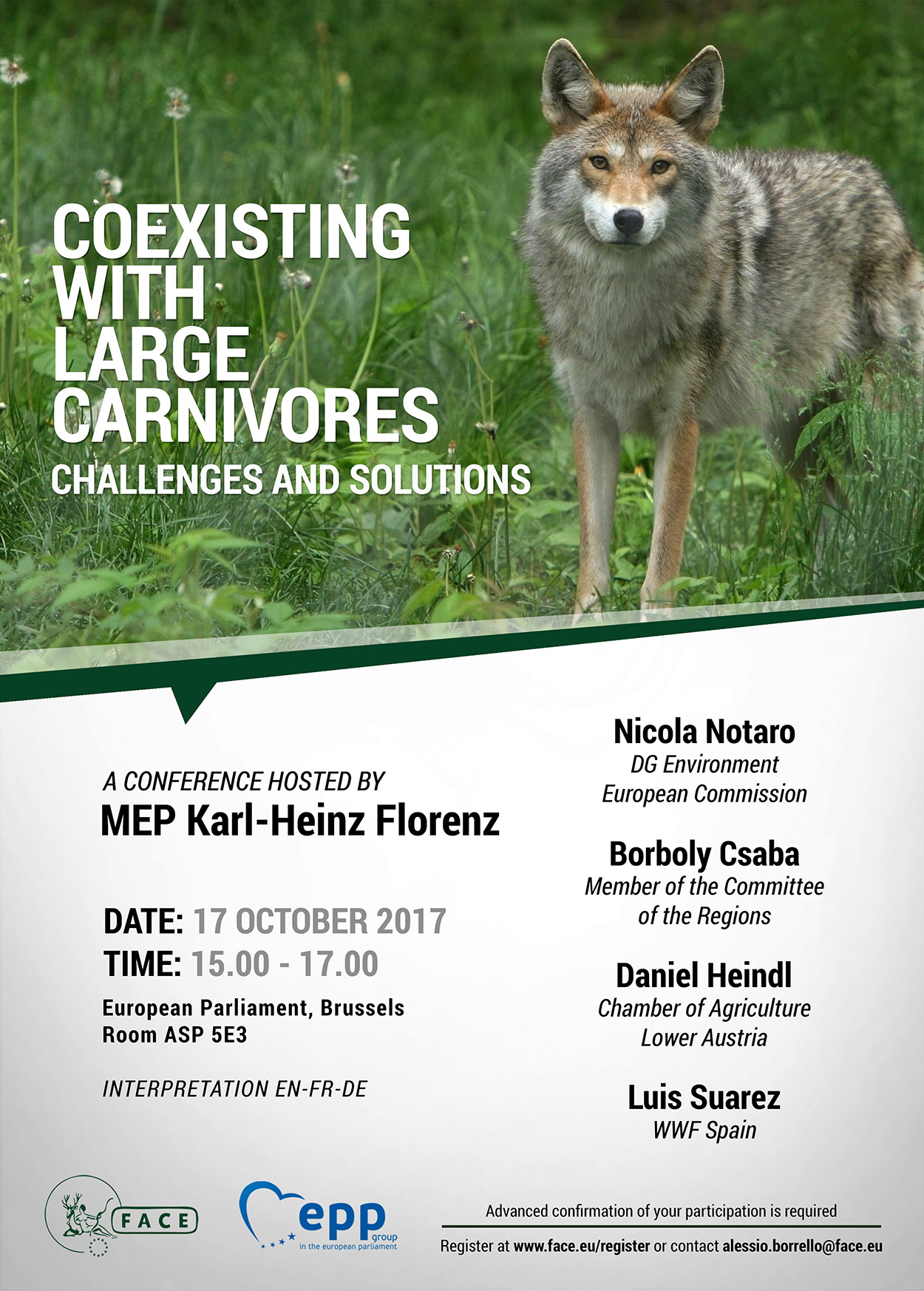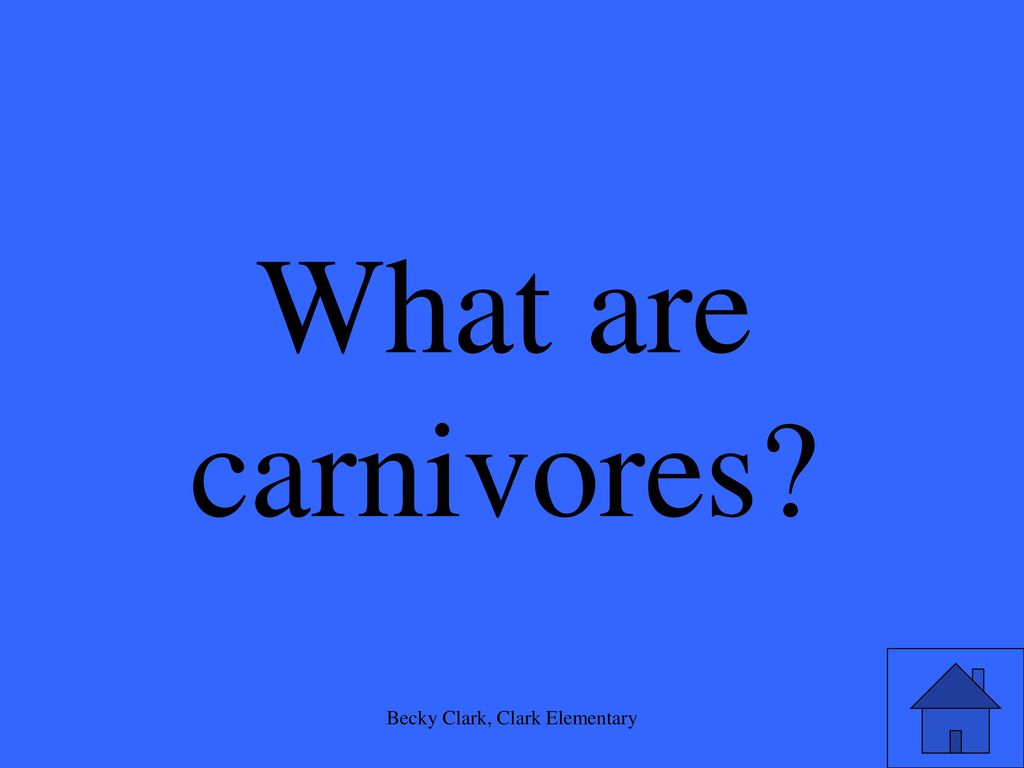COEXISTING WITH LARGE CARNIVORES CHALLENGES AND SOLUTIONS 17 Biology Diagrams Different Types of Food Chains: Types: Description: Grazing Food Chain: Energy flow starts with green plants, which are consumed by herbivores, followed by carnivores. Common in terrestrial ecosystems. Detritus Food Chain: Energy flow begins with dead organic matter broken down by decomposers, then consumed by detritivores. Common in These carnivores may eat insects and worms. Carnivorous animals have strong jaws and sharp teeth to enable them to tear and rip prey. These animals often have long, sharp claws that they also use to tear prey. Carnivores depend on sufficient prey in the food chain to give them the food they need.

Level Three: Carnivores The zooplankton of level two sustain a large and diverse group of small carnivores, such as sardines, herring, and menhaden. This level of the food chain also includes larger animals, such as octopuses (which feed on crabs and lobsters) and many fish (which feed on small invertebrates that live near shore).

Marine Food Chain Biology Diagrams
Definition: Carnivores are organisms that obtain their energy and nutrients by consuming other animals. They are often referred to as secondary or tertiary consumers in a food chain. Role in the Food Chain: Carnivores occupy different levels in the food chain depending on their feeding habits.

It's important to distinguish between a food chain and a food web. A food chain is a simplified linear representation of energy flow through an ecosystem (e.g., plant → herbivore → carnivore). A food web, on the other hand, is a much more complex and accurate model showing the interconnectedness of numerous food chains. Most animals are Each food chain consists of several trophic levels, which describe an organism's role in an ecosystem. Carnivores and omnivores occupy the third trophic level. An omnivore, such as a human, is an organism that eats plants and animals. Many carnivores get their energy and nutrients by eating herbivores, omnivores, and other carnivores. The

The Environmental Literacy Council Biology Diagrams
Role of carnivores in food chains. Carnivores play a crucial role in food chains. They help to control the population of herbivores. If the number of herbivores is not controlled, they will eat all the plants, and this will lead to the destruction of the ecosystem. Carnivores also help to maintain the balance in the food chain. A trophic level represents an organism's position in a food chain, indicating how it obtains energy. Food chains always begin with producers (like plants) that create their own food through photosynthesis. Next come primary consumers (herbivores) that eat the producers. Secondary consumers (carnivores or omnivores) then eat the primary

